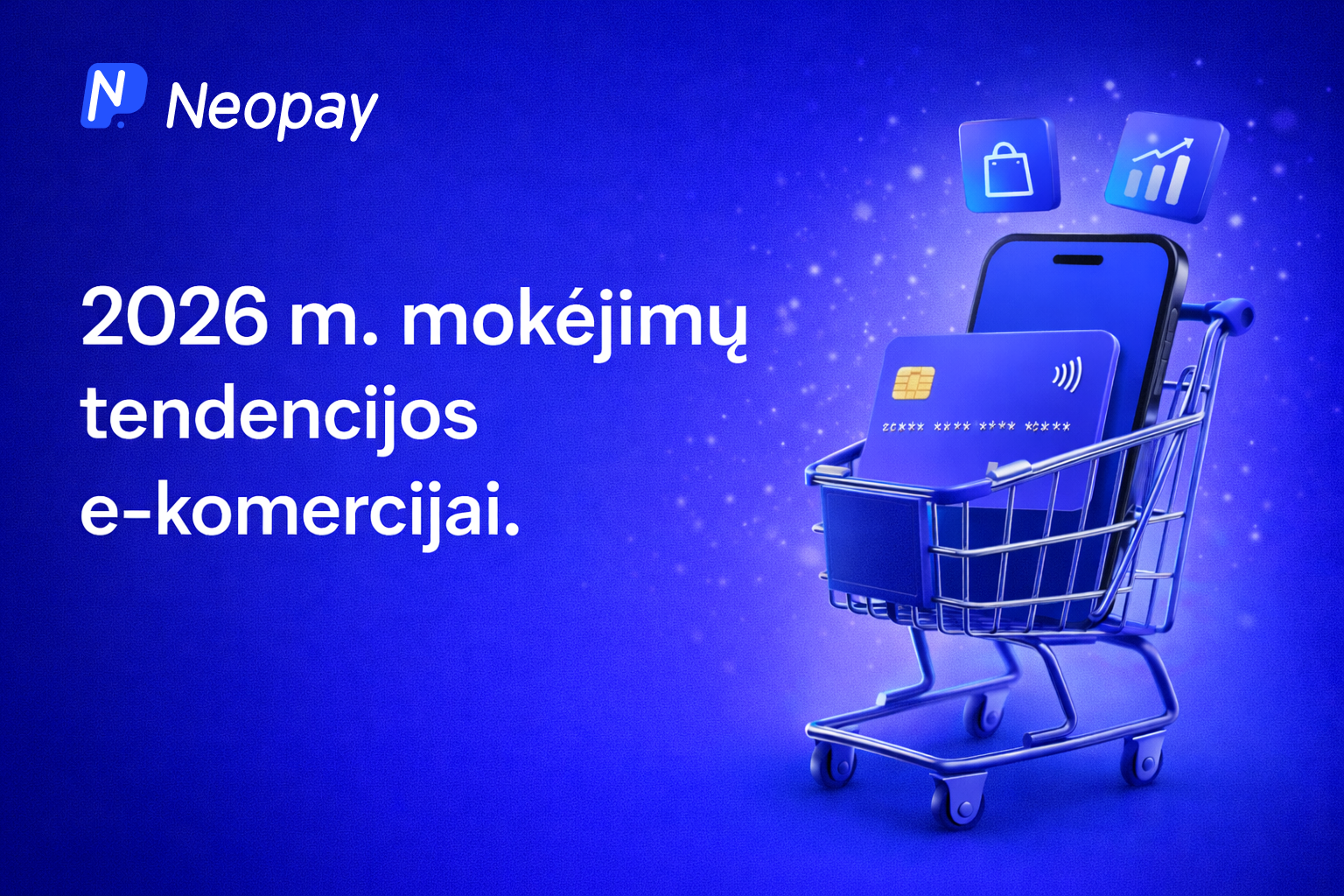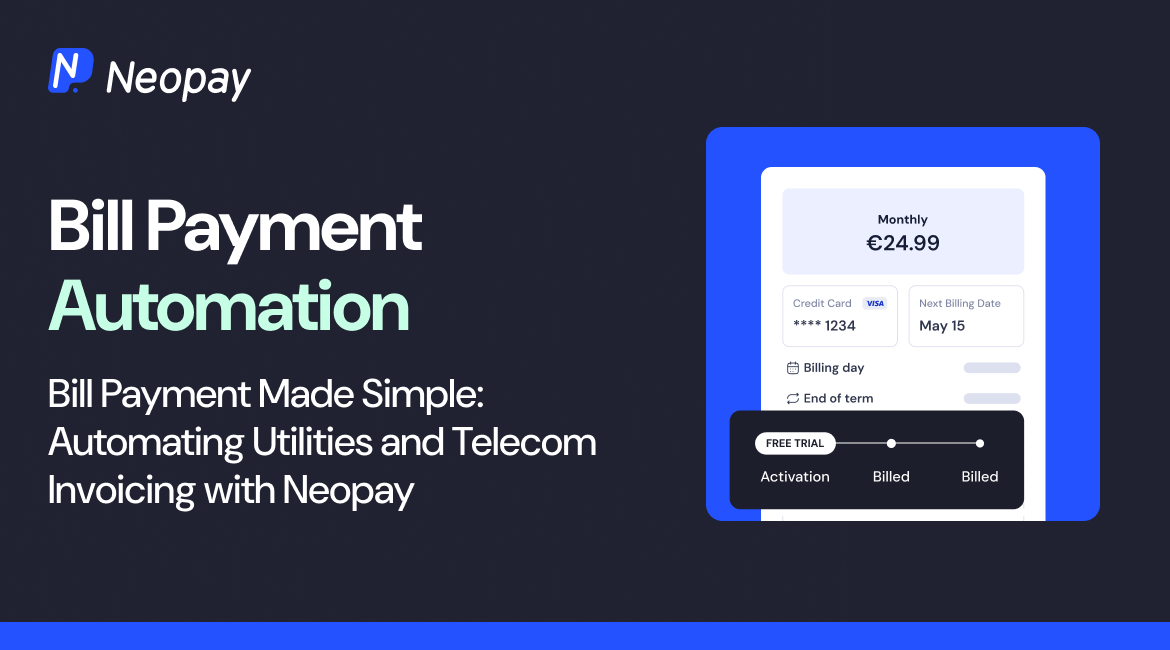
An open banking payment initiation service (PIS) makes payments quicker and safer. Users can give third-party providers access to their bank accounts through a safe data-sharing system. This lets consumers make direct payments without having to enter their banking information by hand. This new concept makes payments faster, safer, and more clear, giving users more control over their bank accounts. We will talk about the current trends, use cases, and future of these payment services in this article.
Payment Initiation Services (PIS) aim to make the typical checkout process simple. These services allow customers to make payments without having to manually share their banking details. When a customer sends money directly from their bank account to a merchant, the money flows smoothly.
Here's a breakdown of the entire process:
Neopay’s payment initiation services enable swift online payments that are both secure and convenient for all parties involved. By relying on open banking's secure framework, users gain greater control over their finances and the online payment process.
Open banking introduces two key service providers: payment initiation service providers (PISPs) and account information service providers (AISPs). Though both contribute to a more open and connected financial experience, their processes differ significantly.
PISPs
AISPs
Action vs. Information
Allow users to initiate payments directly from their bank account at online merchants.
Provide account information services that enable users to view and analyze their financial data consolidated from various accounts.
Focus
Offer a secure and efficient way to transfer funds during online transactions.
Empower users to make informed decisions based on a holistic view of their finances aggregated from different sources.
Data Flow
Initiate a one-way data flow in a read-write manner, securely transmitting payment instructions from the user (via the PIS) to their bank.
Facilitate a two-way data flow in a read-only approach, securely retrieving user's account information from their financial institution and presenting it to them in a consolidated format.
Regulation
Subject to stricter regulations due to the potential financial implications of initiating payments.
Face less stringent regulations as they deal solely with informational aspects of the user's finances.
Consumer Benefit
Eliminate the need to manually enter bank details or rely on third-party platforms.
Allow users to track spending habits, manage budgets, and compare products across financial institutions.
Payment initiation services (PIS) are improving online payments through a safe and convenient experience. However, they aren't without drawbacks. Let's explore the compelling advantages they bring to businesses, as well as their limitations.
PIS offers many beneficial scenarios for businesses that integrate them. Here's how:
Security remains a top concern for customers when it comes to PIS, especially considering that businesses globally lost an estimated $30 billion to payment card fraud between 2020 and 2021. By eliminating the need for credit or debit cards during the transaction, PIS reduces the risk of fraud associated with these methods.
However, PIS are not without challenges. Data privacy, fraud risk, navigating regulatory frameworks, and technical integration complexities require careful consideration. Let's discuss some security measures employed to reduce these issues.

SCA mandates multi-factor authentication for all PIS transactions. This means customers verify their identity using a combination of methods—login information like passwords, fingerprints, or one-time codes—before authorizing a payment.
Encryption keeps data safe during the transaction process. Other measures to ensure the highest security standards include continuous monitoring, access controls, and following data privacy regulations. Regular audits also help identify potential vulnerabilities.
The Payment Services Directive 2 (PSD2) is a European regulation created to usher in a more open and safe financial ecosystem. Banks are mandated to provide access to customer account data through secure, open APIs.
This enables authorized third-party providers to offer innovative financial products and services based on the data. PSD2 also emphasizes robust risk management practices and data protection regulations. This helps ensure the security of the financial information of customers.
Payment initiation services aren't just about technical regulations. It translates into tangible benefits for consumers and businesses by facilitating open banking, a system that makes it possible to securely share financial information with providers.
Let's consider how this empowers users to manage their finances more effectively in their daily lives:

As a convenient payment option, PIS expects broader adoption by both consumers and merchants. They are improving online transactions and are rapidly expanding. According to Statista, the value of open banking transactions globally is projected to skyrocket by over 500%, reaching $330 billion by 2027, compared to $57 billion in 2023. Increased regulation and standardization will ensure compliance and a secure environment. Furthermore, integration with emerging technologies like biometrics and instant messaging will further streamline the payment process.
PIS is poised for expansion into new markets, particularly those with high mobile penetration and a growing appetite for digital payments. Enhanced security features like multifactor authentication and fraud detection will remain a priority.
We can also expect to see more collaborations and partnerships between PIS providers and banks, promoting innovation and a wider range of services. Personalization will be key in this regard, with PIS tailoring experiences based on individual spending habits and preferences. Finally, PIS has the potential to support sustainable development by integrating features that promote eco-friendly consumption choices. Studies show that over 60% of consumers are interested in using open banking, demonstrating a clear willingness to embrace PIS. This enthusiasm is likely driven by the potential benefits it offers.
Open banking payment initiation services are ushering in a new era of financial empowerment. Think of it as a catalyst for a more dynamic and consumer-centric financial landscape. Through an improved user experience and data control, open banking payment initiation services have the potential to revolutionize the way we manage our money.
Consumers ranked improved customer experience as the most important factor when choosing open banking services. PIS directly addresses this by streamlining the payment process, making it faster and more convenient. As it continues to evolve, we expect even greater convenience, security, and personalization.
Ready to explore how Neopay’s open banking payment initiation services can benefit you? Contact us today to learn more!
Traditional online payments often involve entering your card details directly with the merchant. As a payment initiation service, Neopay facilitates secure transfers directly from your bank account. There is no need for card details and a prolonged checkout process.
PSD2 mandates strong security measures when a user makes a payment with a payment initiation service. Transactions require your explicit consent and often utilize multifactor authentication. This makes Neopay’s PIS safer than traditional card payments or manual bank transfers.
PIS offers convenience, security, and potentially faster transactions. Neopay eliminates the need for managing multiple debit/credit cards and other customer requirements when making payments to a merchant account.






.png)
.png)